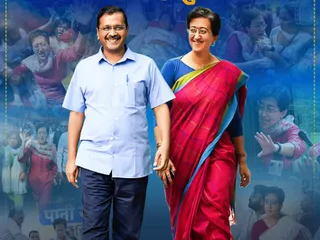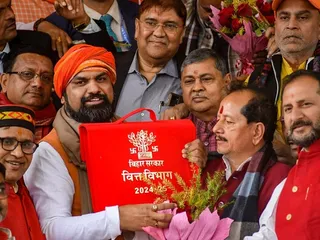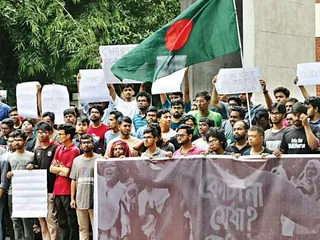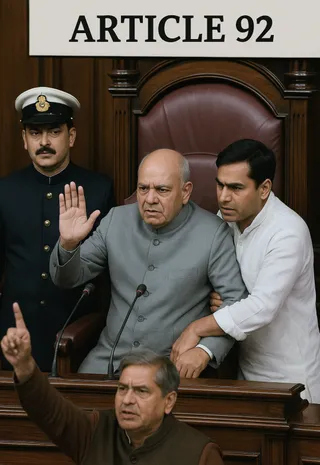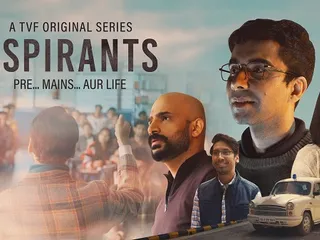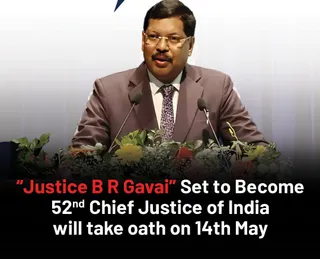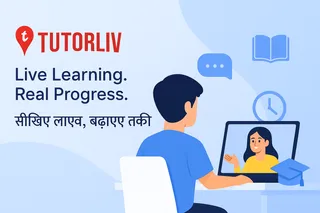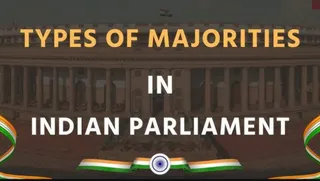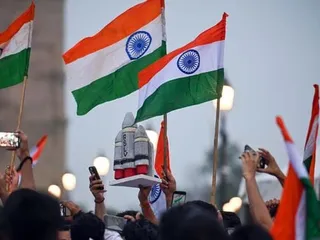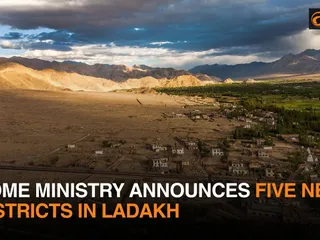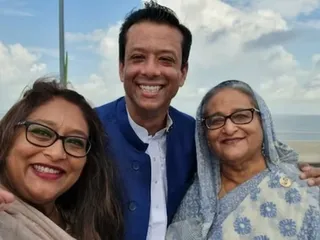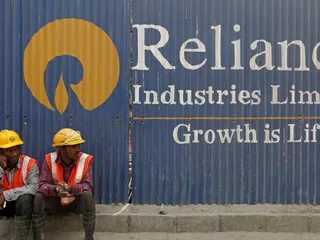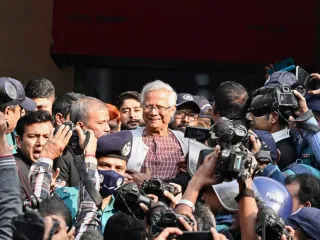Article 19 of the Indian Constitution guarantees six fundamental rights under the rubric of "Right to Freedom." These rights are crucial for a democratic society and individual liberties. They are:
- (a) Freedom of speech and expression: This includes the freedom to express one's views through various mediums, including speech, writing, and art, subject to reasonable restrictions.
- (b) Freedom to assemble peaceably and without arms: The right to gather with others for peaceful purposes, without carrying weapons.
- (c) Freedom to form associations or unions: This includes the right to form political parties, trade unions, and other organizations.
- (d) Freedom to move freely throughout the territory of India: The right to travel and reside anywhere within India.
- (e) Freedom to reside and settle in any part of the territory of India: Similar to (d), emphasizing the right to settle permanently.
- (f) Freedom to practice any profession, or to carry on any occupation, trade or business: The right to choose one's profession or business, subject to reasonable restrictions.
Limitations on Article 19 Rights: It's crucial to understand that these freedoms are not absolute. Article 19 itself outlines reasonable restrictions that can be imposed on these rights in the interest of:
- Sovereignty and integrity of India
- Security of the State
- Friendly relations with foreign States
- Public order
- Decency or morality
- Contempt of court
- Defamation
- Incitement to an offence
The Supreme Court of India plays a significant role in interpreting and upholding Article 19. Numerous landmark judgments have shaped the understanding and application of these rights.
For more detailed legal analysis and case laws, refer to legal databases and resources such as the official website of the Supreme Court of India: https://supremecourtofindia.nic.in/



